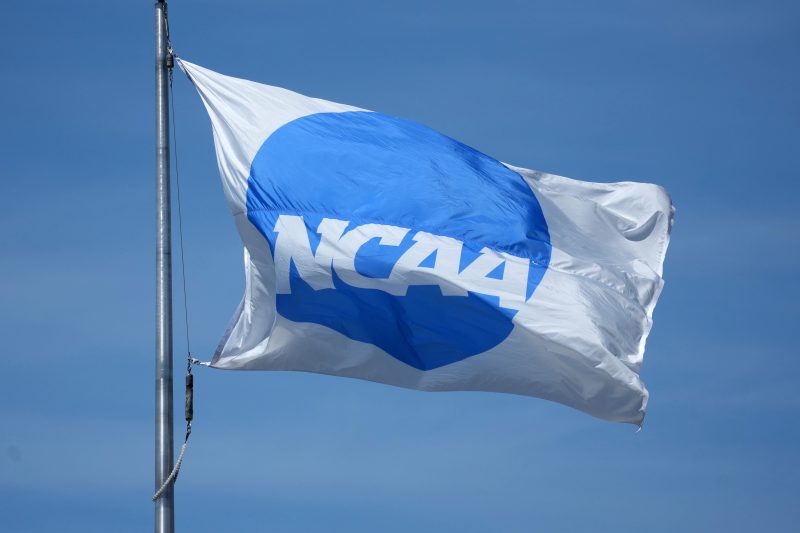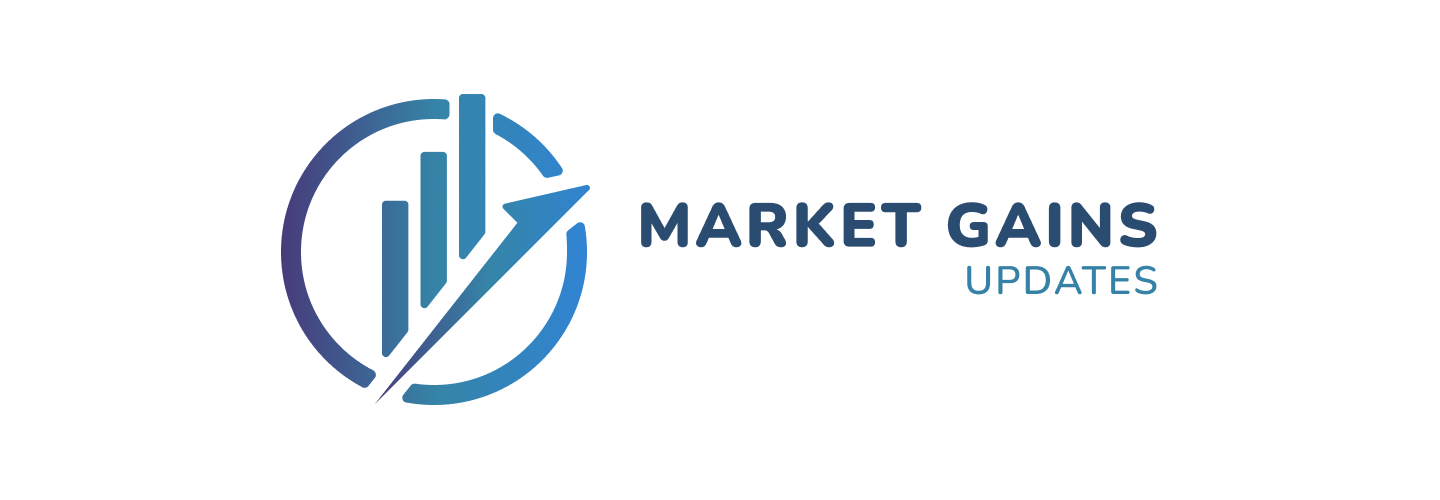
On Day 22 of college sports’ new world, perhaps the people who have been screaming for guardrails will finally get it.
In this reality, whatever piece of metal a conference commissioner puts in the ground is destined to be bulldozed and blown up by attorneys who have had their number at every step of this embarrassing journey.
There are no guardrails, folks. There aren’t going to be.
After years of litigation, a $2.8 billion settlement and creation of a fancy new organization called the College Sports Commission, all the power conferences really have left is a faint hope that the Wild West is a little less wild.
(‘Conversations with class counsel remain ongoing regarding guidance around VBP and collectives,’ a CSC spokesperson told USA TODAY Sports in a statement. ‘A formal statement will be issued when the issue has been resolved.’)
In the first wave of submissions to the CSC clearinghouse for approval of NIL deals, nearly all of those tied to collectives were denied because they did not meet the organization’s standard of a valid business purpose.
Initially, that definition relied on whether an NIL deal was made with an entity whose business purpose was “providing goods or services to the general public for profit.” Most collectives do not meet that standard.
It’s the difference between Texas’ Quinn Ewers being in a Dr. Pepper commercial and an athlete getting paid to go to a meet-and-greet with fans organized by the collective whose purpose was to raise more money for the collective, which would then be distributed to more players.
It’s also the difference between being able to control booster money flowing to players or a system that is nearly as impossible to control as it has been for the last four years.
Power conference officials and many university administrators thought that by settling the House case, they were going to put the collectives out of business. But when lead House plaintiff attorney Jeffrey Kessler threw a flag on the CSC and said their interpretation wasn’t in the agreement, it took just a handful of days for schools to back down.
Why?
Because they don’t want another class-action suit brought by collectives, which was undoubtedly coming. Because they don’t want to lose again, which was highly likely given the track record of trying to control any of this money flowing through the system without a collective bargaining agreement. Because even after everything, they are still desperate to turn a bad hand into a straight flush.
Over and over and over again.
Oh, sure, the CSC will supposedly be able to deny these booster deals if they don’t fall within a specific range of fair market value – whatever that means. And guess what, they’re going to get sued for that too. Because who can really determine what fair market value is for an NIL deal from a collective? Unlike, say, a traditional ad campaign, collectives only exist within the realm of college sports. The only established value is what someone’s willing to pay.
So good luck to all of the conference officials trying to argue that one at their next court date.
And this is all happening during a week when conference commissioners are addressing the media before the football season, using well-established propaganda like “I haven’t had one student-athlete come up to me and say they want to be an employee.”
The ACC’s Jim Phillips rolled that one out Tuesday, and it begs several questions.
First, if college athletes are being sent checks by athletic departments tied to their membership on a football or basketball team, are they not already employees by common sense definition? Second, are we really to believe that football players are randomly approaching the commish, patting him on the back and saying, “Gee, Mr. Phillips, whatever you do please don’t make us employees?” And finally, how many 18-year old athletes even really know the implications of employment and having a players’ union and engaging in collective bargaining in order to form an opinion on the matter?
Let’s get real here.
At this point, schools and conferences should be begging for employment and collective bargaining. Obviously, the so-called guardrails they negotiated with Kessler aren’t going to fundamentally bring order to this system, and absent antitrust protection from Congress, they’ll get knocked down one by one.
Until they finally admit that every effort to control the money that boosters are willing to pay players has failed, and that the next one is destined to fail too without collective bargaining, they will continue taking a paddle to the rear end and turning around to ask Kessler for one more swat.
